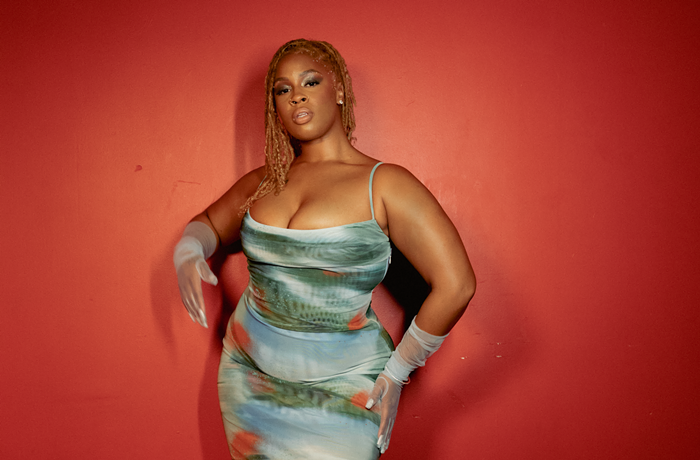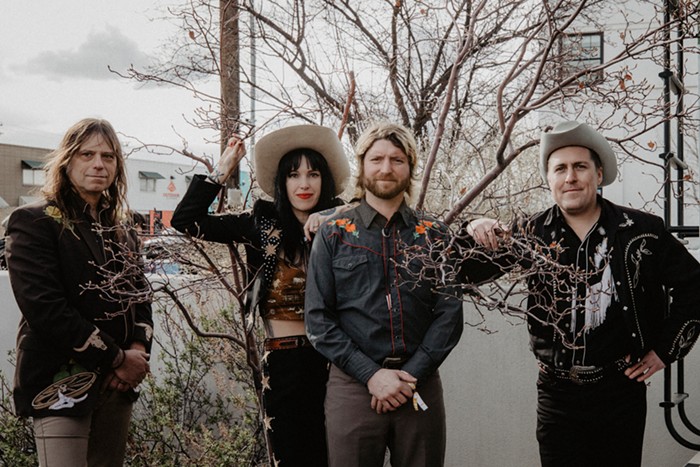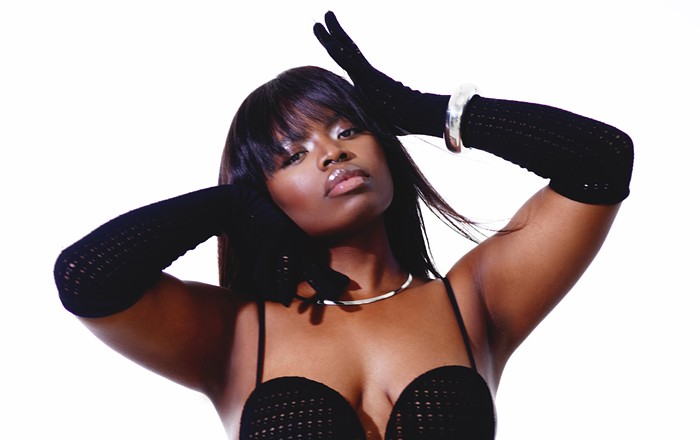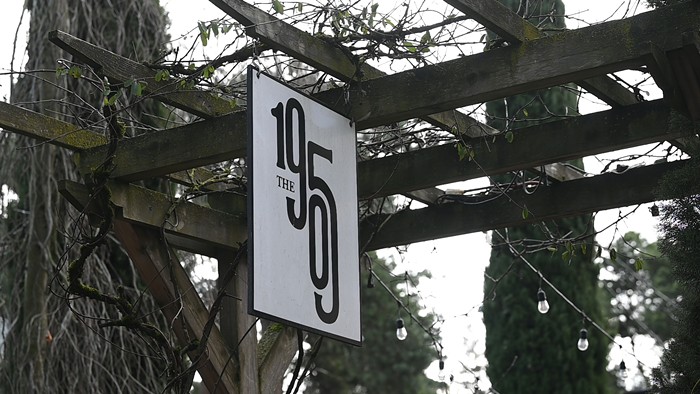About six years ago, a group of women wearing colorful balaclavas made international headlines after storming Moscow's Cathedral of Christ the Savior, thrashing around the altar, and chanting, "Virgin Mary, Mother of God, put Putin away."
They belonged to Pussy Riot, the anti-Kremlin protest collective and feminist punk band that formed shortly after Vladimir Putin's return to the presidency in 2011. Following the "Punk Prayer" demonstration, Nadezhda Tolokonnikova, Maria Alyokhina, and Yekaterina Samutsevich were imprisoned and charged with "hooliganism motivated by religious hatred"–an ironic conviction, given the group's frequent criticism of Russia's lack of separation between church and state. The highly publicized trial resulted in the sentencing of Tolokonnikova and Alyokhina to two years in a penal colony (Samutsevich was freed on probation).
Pussy Riot uses brash punk rock as a channel for their messages of resistance, which challenge hegemonic institutions and extend to wherever they see injustice. They've spoken out about women's and LGBTQ rights, the terrible conditions they endured in Russia's prison system, government corruption, fascism, capitalism, police brutality, and the refugee crisis. Inspired by '90s riot grrrl bands like Bikini Kill, their music is abrasive by design; it's supposed to be impossible to ignore. In the past, their guerrilla performances followed a similar pattern: infiltrate a public space (always wearing those balaclavas) and scream-sing politically charged lyrics, demanding the attention of passersby.
That's why the idea of a Pussy Riot concert is rather odd; the group has self-described as a "fake band" and has never aimed to entertain. But they're currently crossing the US on a "live music performance art" tour, with two sold-out shows in Portland. When Alyokhina and fellow Pussy Riot member Ksenia Zhivago visited the Pacific Northwest in early 2016 for a moderated dialogue and Q&A about the documentary Act & Punishment, they reflected on the global solidarity their movement received, warned about Trump's likeness to Putin, and emphasized the danger of being radical in a country like Russia: "If you choose not to accept this kind of order, you risk losing everything," Alyokhina said.
That same year, Tolokonnikova dropped Pussy Riot's debut EP, the electro-punk xxx, and ever since, she's been releasing a steady stream of music videos for tracks like "Make America Great Again," "Bad Apples," and "Straight Outta Vagina," which centers on the singsong chorus, "Don't play stupid, don't play dumb/Vagina's where you're really from." It's a clear attempt to highlight the hypocrisy of men oppressing women, but–like the pink knitted pussy hats that are now synonymous with the 2017 Women's Marches that followed Trump's inauguration–in essentializing the vagina, Pussy Riot's cis-sexist feminist rhetoric (perhaps inadvertently) excludes trans women.
That's not the only inconsistency in Pussy Riot's activism: Last fall, Tolokonnikova hosted an event at a London art gallery owned by Charles Saatchi, a prominent businessman who was once photographed assaulting his then-wife, Nigella Lawson. Around the same time, it was revealed that Alyokhina–who no longer associates with Tolokonnikova or performs with Pussy Riot–was dating Dmitry Enteo, a former member of God's Will, a far-right Russian Orthodox extremist group known for beating up queer people at Pride rallies.
These disappointing incongruities don't negate the good Pussy Riot has done in standing up to corrupt systems. But it's important to remember, in celebrating the group's rebellious spirit, that any revolution that excludes or marginalizes is cause for another revolution.


















